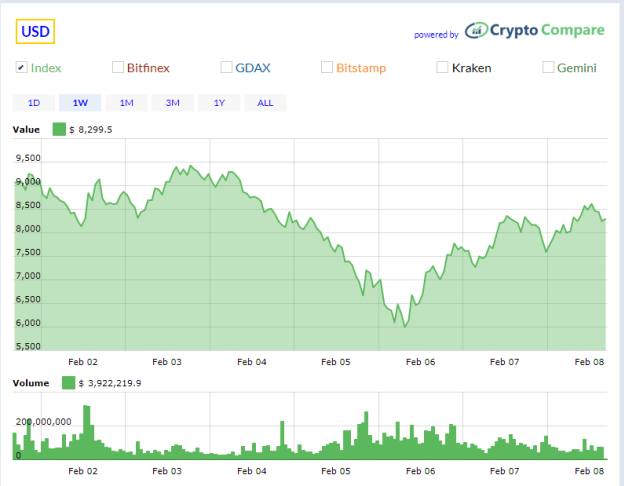
Bitcoin's currency as a hot topic on social media and in the consumer-facing press means the interest in it is not likely to abate any time soon.
Therefore even if clients have not broached the subject with advisers already, they will do, and it will be important to provide as full and as balanced an answer, based on and tailored to, their individual financial situation as possible.
Understand the basics
Dror Futter, partner at Rimon Law, says there are many websites - such as the HM Revenue & Customs, the Securities & Exchange Commission and others which have issued helpful guidance and frequently asked questions for investors to do their own individual "homework" on the topic.
Before taking any steps towards investing, he advises: "Investors should focus on the 'hype machine' used to promote the sale. If it sounds too good to be true, it probably is - this still remains one of the most reliable rules of investing."
But he also advocates trying to look further under the bonnet of the various currencies and their issuers. This is because once people start going away from the major ones - Bitcoin, Ethereum, Litecoin and Ripple - and start to look at new and more obscure currencies, it is important "to research the identity of the issuer and the individuals involved".
David Coker, lecturer in accounting, finance and governance at the Westminster Business School, says many market participants, because they do not understand the basics of investing, were "caught by surprise and sold cryptocurrencies heavily without fully understanding why prices were dropping".
This came as the South Korean regulator undertook surprise inspections of six banks offering cryptocurrency services to domestic banking institutions in January.
Yet by 8 February, even after all the tumbles, the price of cryptocurrencies started to rebound, despite warnings from Goldman Sachs that further pain was on the cards.
Some commentators even predicted Bitcoin could rise to $50,000 (£35,738) by the end of 2018. The week's reversal in fortunes (no doubt completely out of date by the time this article is published, given how quickly prices are changing!) is seen in the below graph.
Investors who understand the way markets and regulators work are less likely to jump in and out at every point.
Moreover, because cryptocurrencies lack central, authoritative exchange, they are traded over the counter, and each participant in such a market - akin to fixed income markets - carries their own view on prices and therefore prices can vary.
The bond market is exceptionally mature and regulated, which means there are no sharp, regional differences in pricing or large swings but when it comes to crypto, institutional liquidity is still lacking.
Investors need to understand how the trading works for assets such as Bitcoin, why price volatility is so great, and come to realise that this might settle down as the market becomes more sophisticated.







